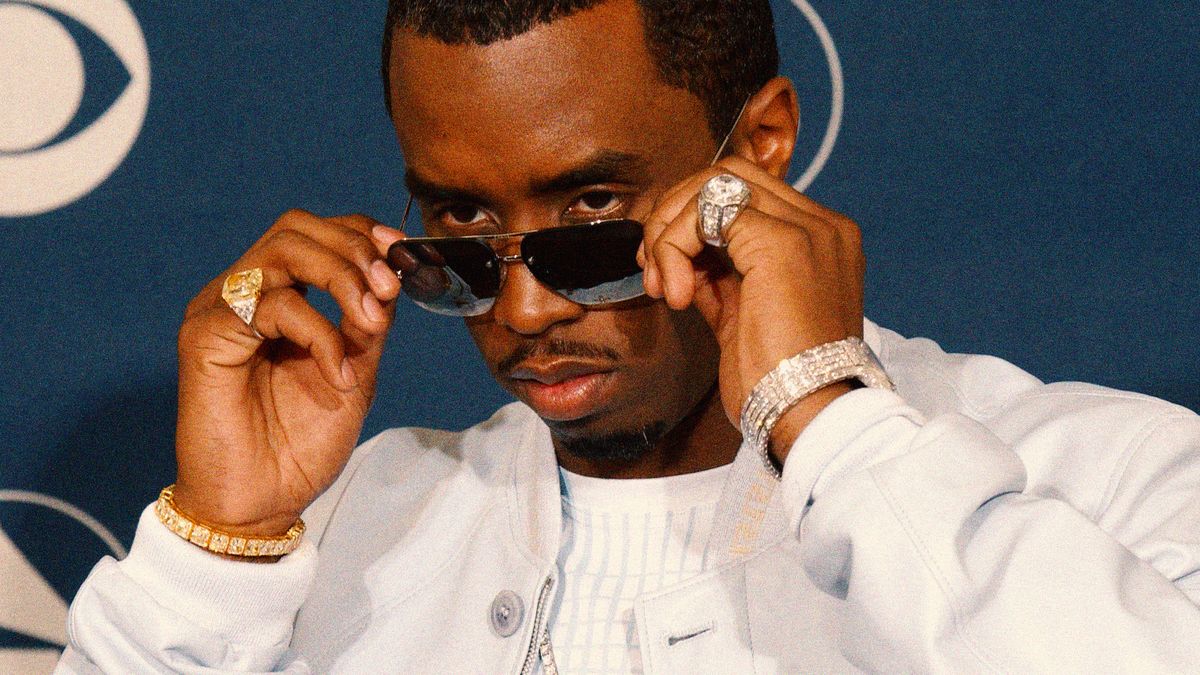The #MeToo movement continues to evolve, and Tarana Burke, the movement’s founder, offers insightful commentary on the recent allegations against music mogul Sean “Diddy” Combs. In an interview with The Hollywood Reporter, Burke discusses the significance of these accusations, the changing tide of public opinion, and the importance of a movement that extends beyond high-profile figures.
A History of Whispers and a New Era of Accountability
For years, rumors swirled around Diddy’s alleged misconduct. As Burke states, “people have heard grumblings and whispers” about him. However, the question remained: would there ever be any true consequences?

The landscape has shifted dramatically in recent months. Following a sexual assault lawsuit filed by singer Cassie, a flurry of additional accusations emerged, including rape, sexual assault, and trafficking. These claims, coupled with a raid on Diddy’s homes by federal agents, forced him to step down from his role as CEO of Revolt TV and resulted in the loss of several brand deals.
Why Now? The Evolving Zeitgeist
Burke highlights a crucial difference between the Diddy situation and past cases like R. Kelly and Russell Simmons. “The zeitgeist has changed,” she asserts. “People are ready to believe the survivors who are coming forward.” This shift in public opinion is attributed, in part, to the groundwork laid by the #MeToo movement. The tireless efforts of survivors and advocates have challenged the status quo and fostered a growing sense of accountability.
Burke emphasizes the historical struggle for Black communities, particularly women of color, to be heard and believed when speaking out against sexual assault. “We haven’t had the luxury of being able to come forward,” she says. The Diddy allegations, therefore, represent a turning point, a testament to the collective power of the #MeToo movement.
Beyond Diddy: A Movement for All
While the allegations against Diddy are significant, Burke emphasizes a broader message. She acknowledges the symbolic importance of holding a powerful figure accountable, yet cautions against focusing solely on this individual case.
“The movement has to be bigger than Diddy,” Burke declares. The harm caused by sexual violence extends far beyond one person. It’s essential, she argues, to recognize the ongoing struggles within communities across the country. By shining a light on high-profile cases, the movement can serve as a blueprint for addressing similar issues at the local level.
Burke emphasizes the collective power of individuals to demand change. The #MeToo movement is not simply a hashtag; it thrives on the actions of everyday people who speak out against injustice.
A Conversation on Homophobia and Accountability
The interview delves into the complexities surrounding the allegations against Diddy, including the issue of homophobia within the Black community. Burke acknowledges the discomfort some may feel discussing sexual assault against men, but underscores the importance of addressing all forms of sexual violence.
Key Takeaways
- The Diddy allegations represent a potential turning point for the #MeToo movement in the music industry.
- A shift in public opinion has made victims more likely to be believed.
- The movement must address the specific challenges faced by Black communities.
- The power of the #MeToo movement lies in collective action and the demand for accountability.




